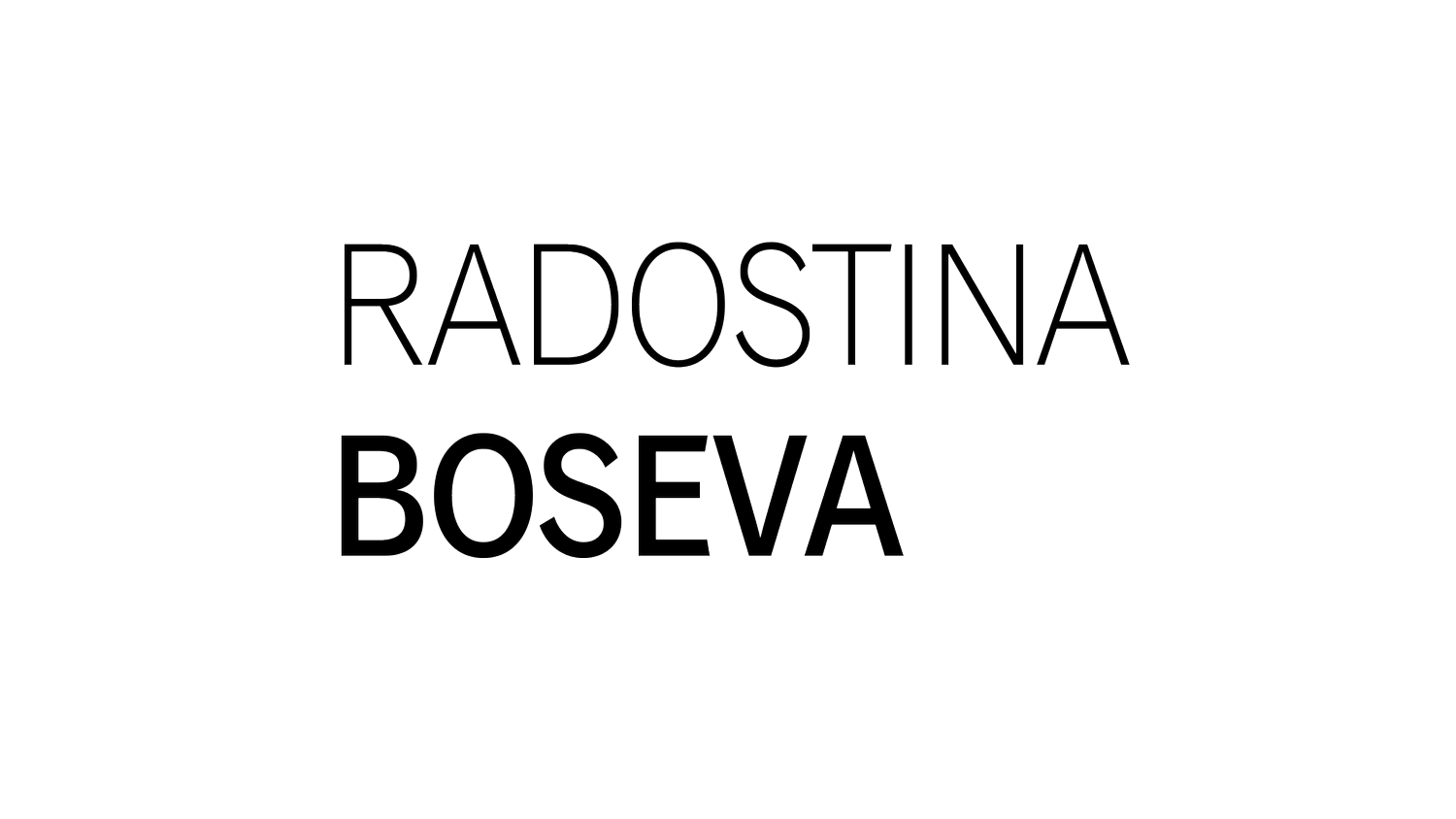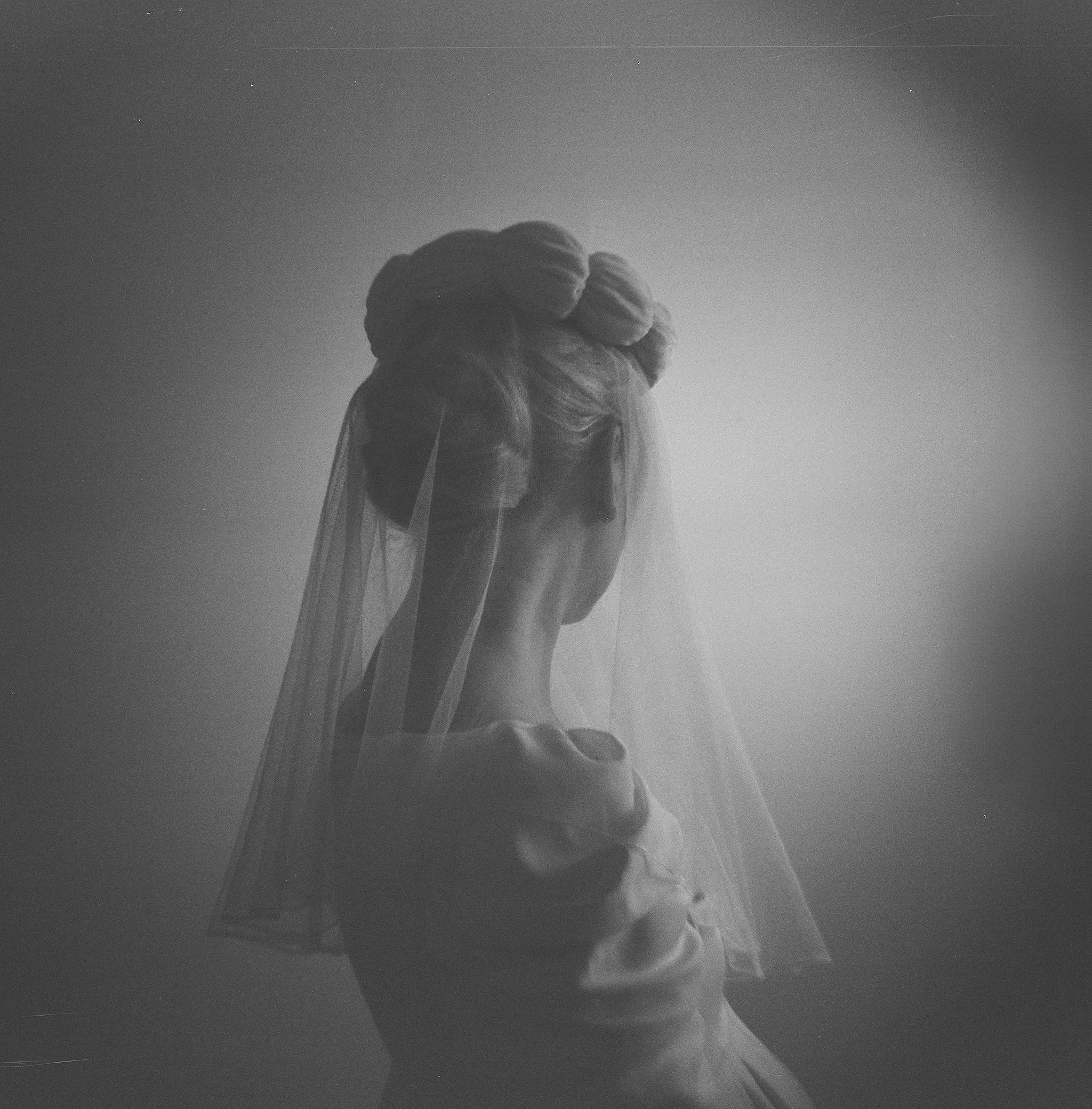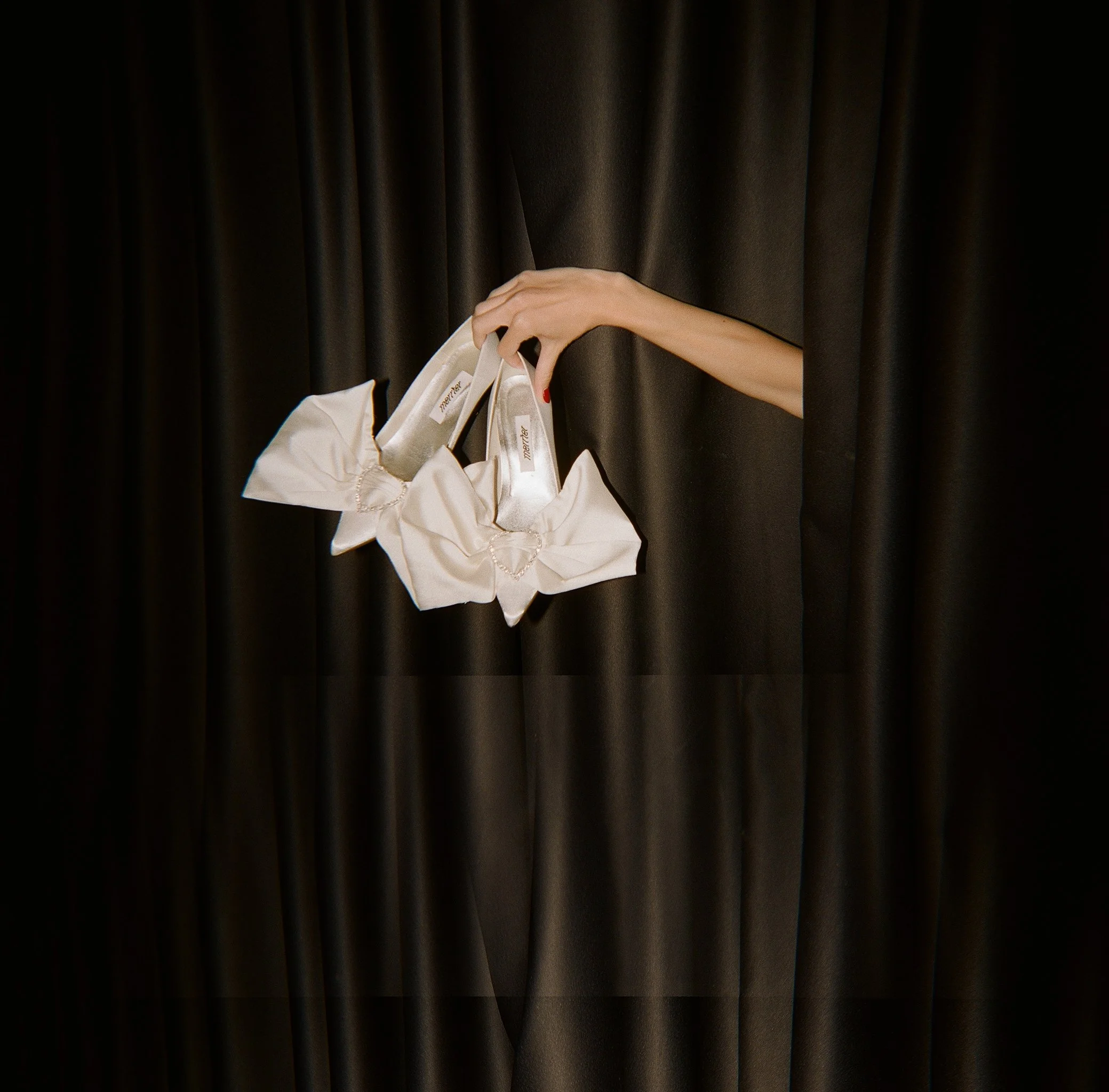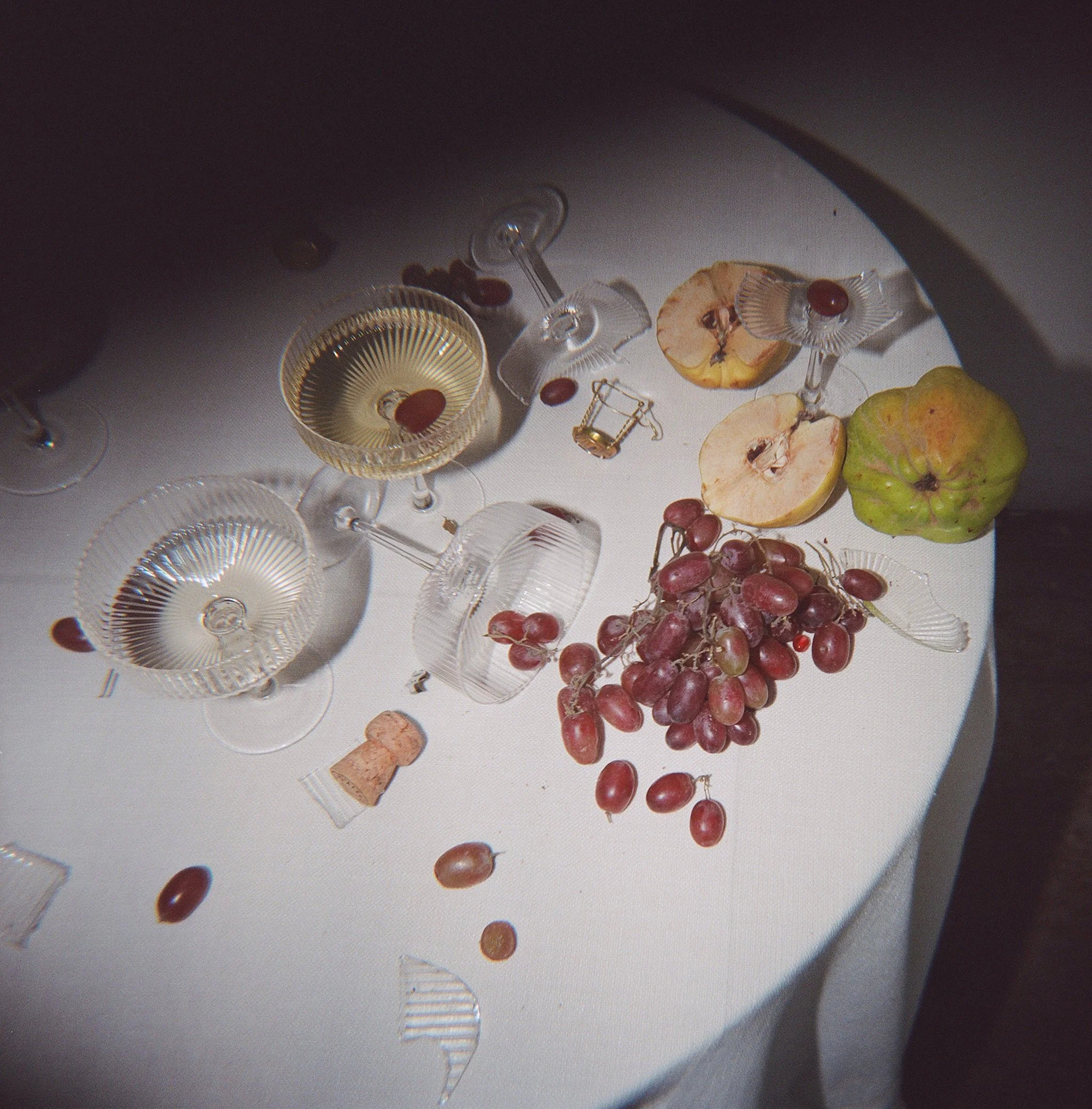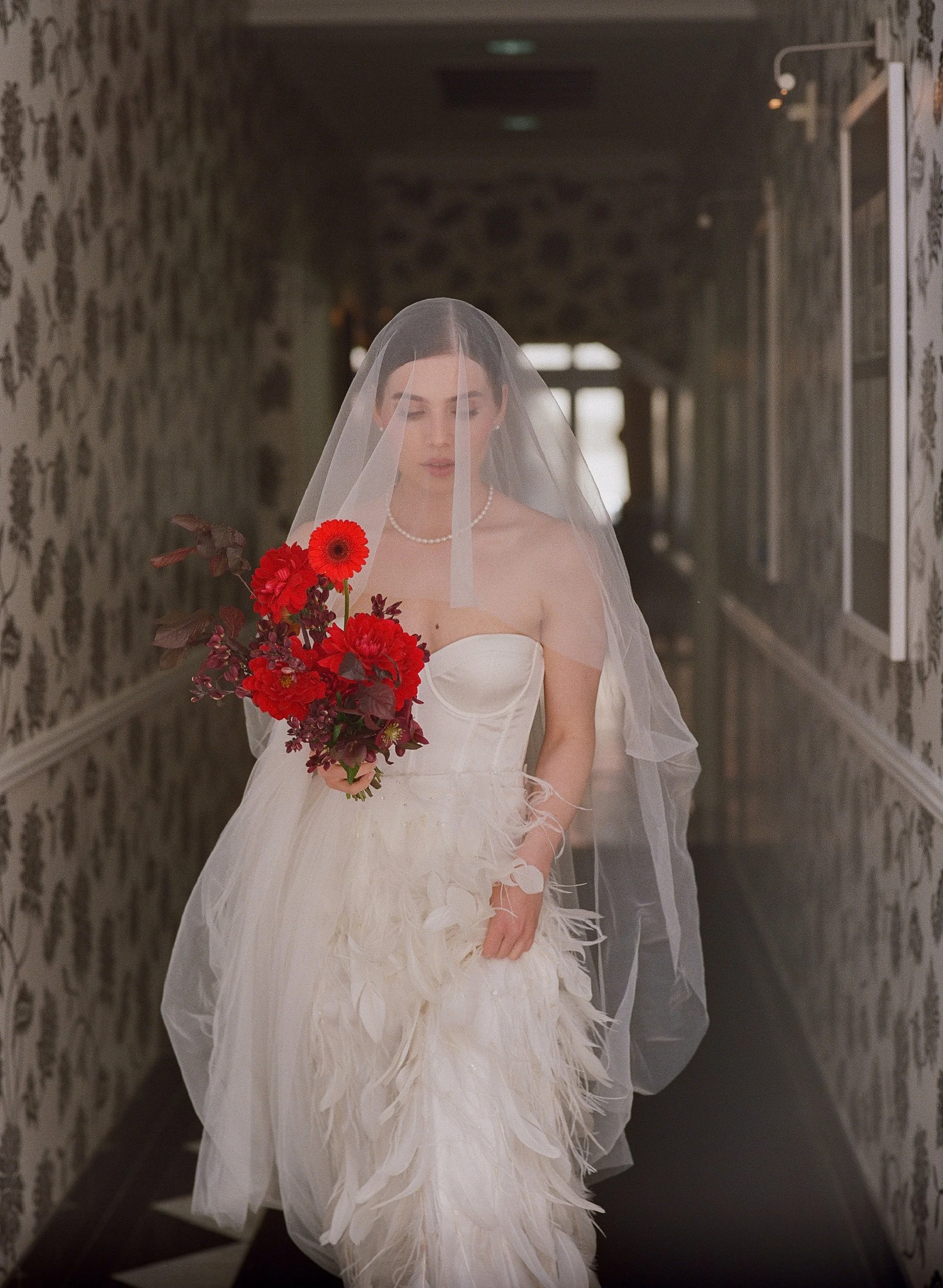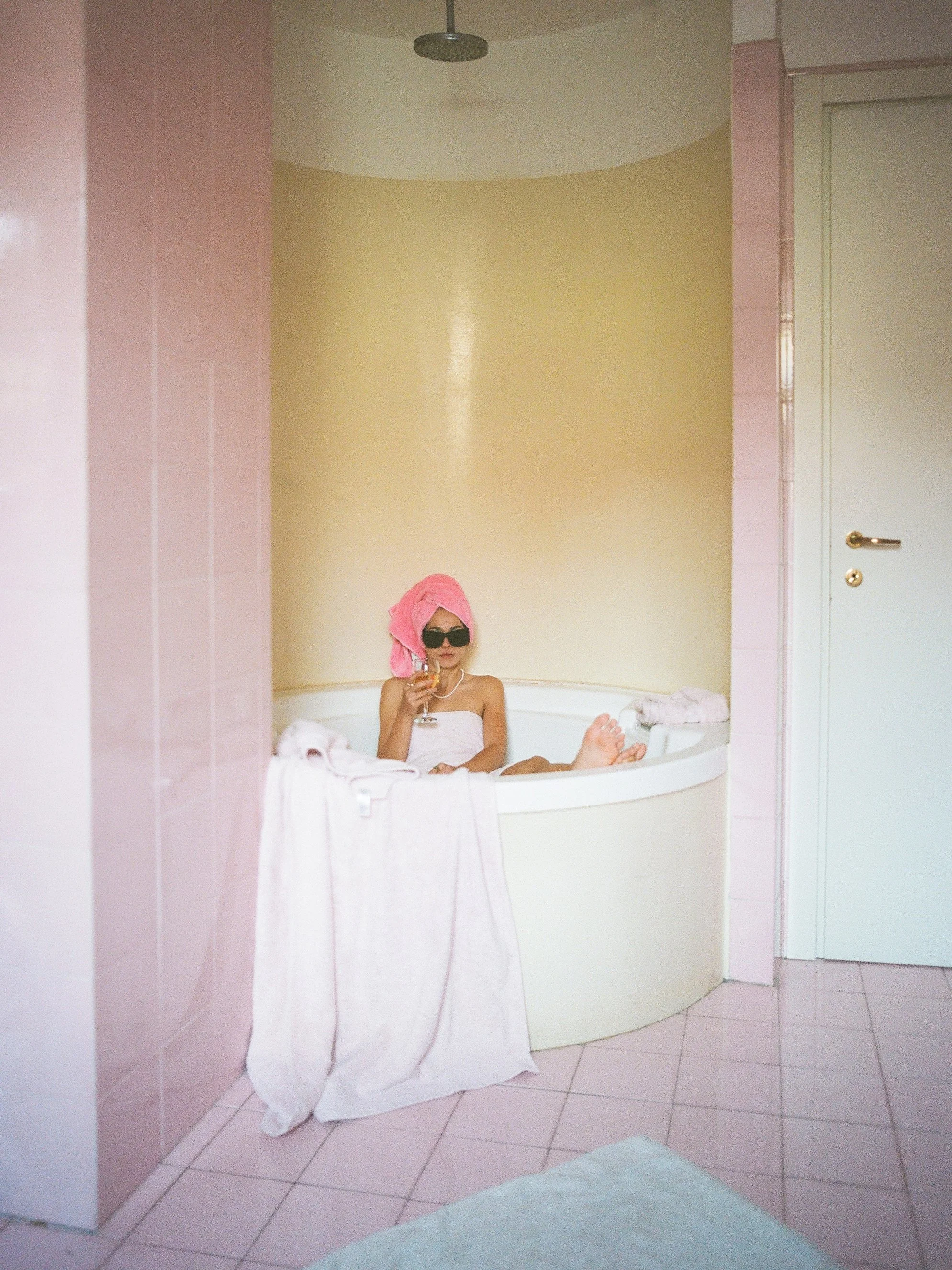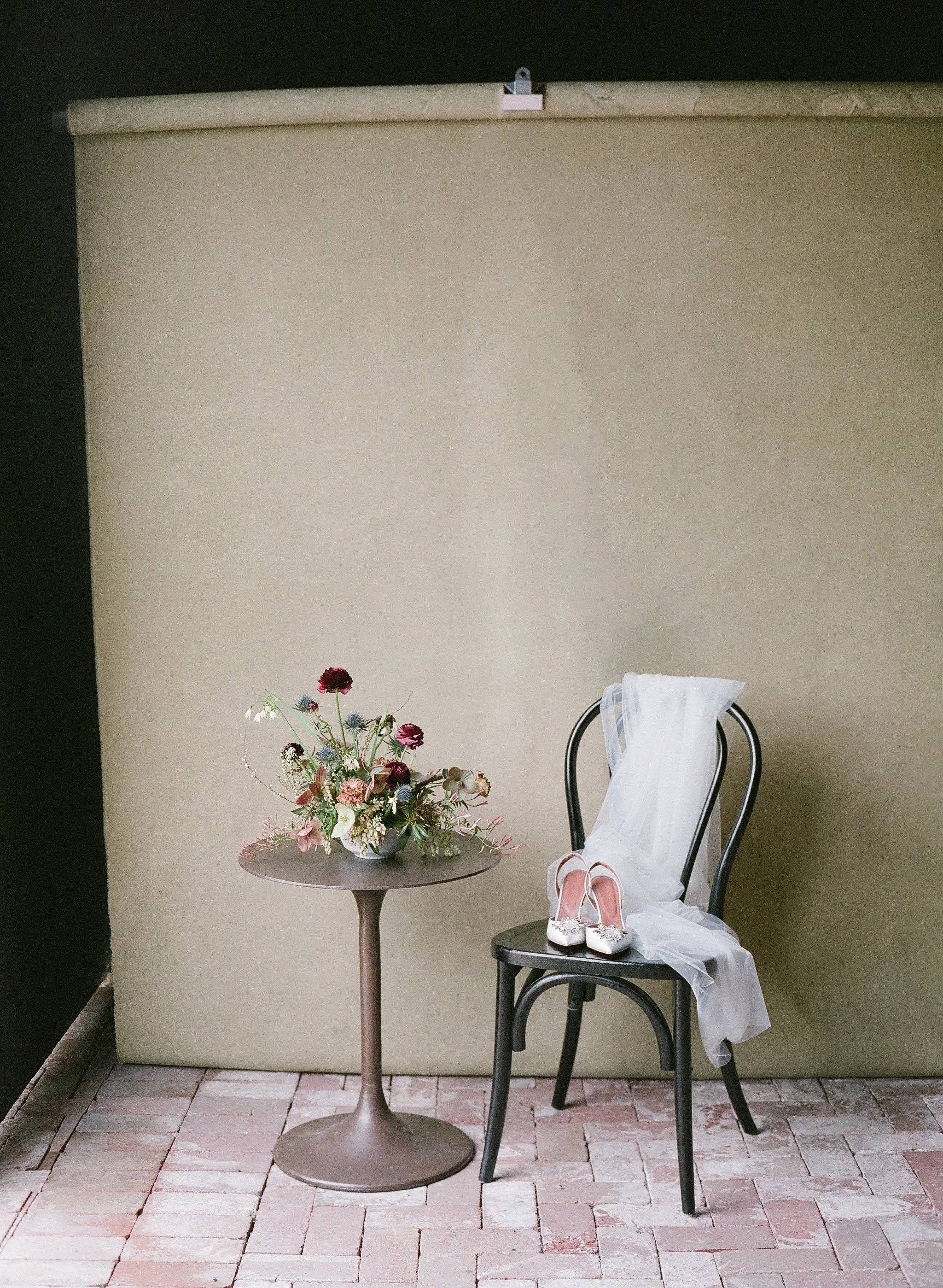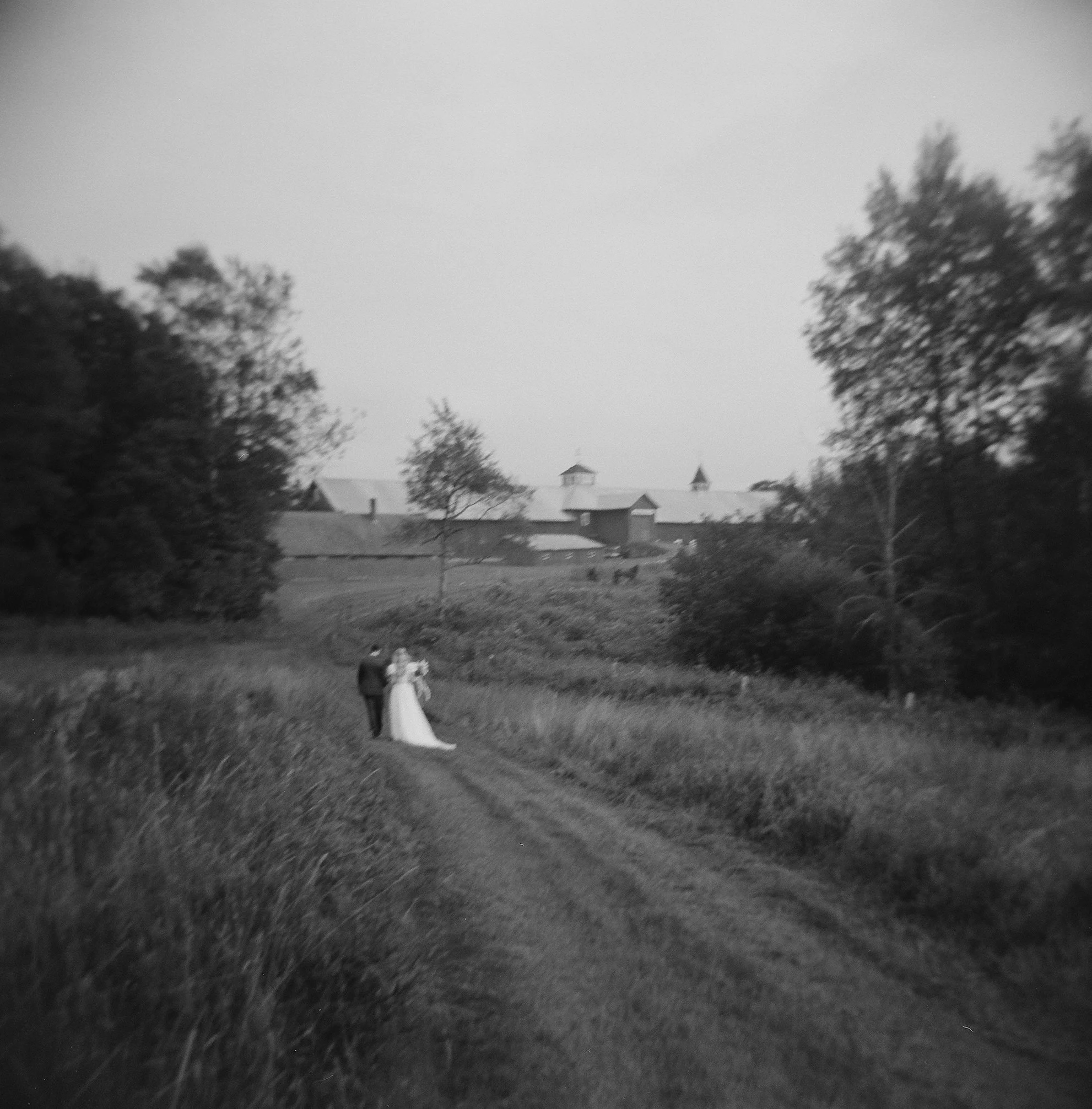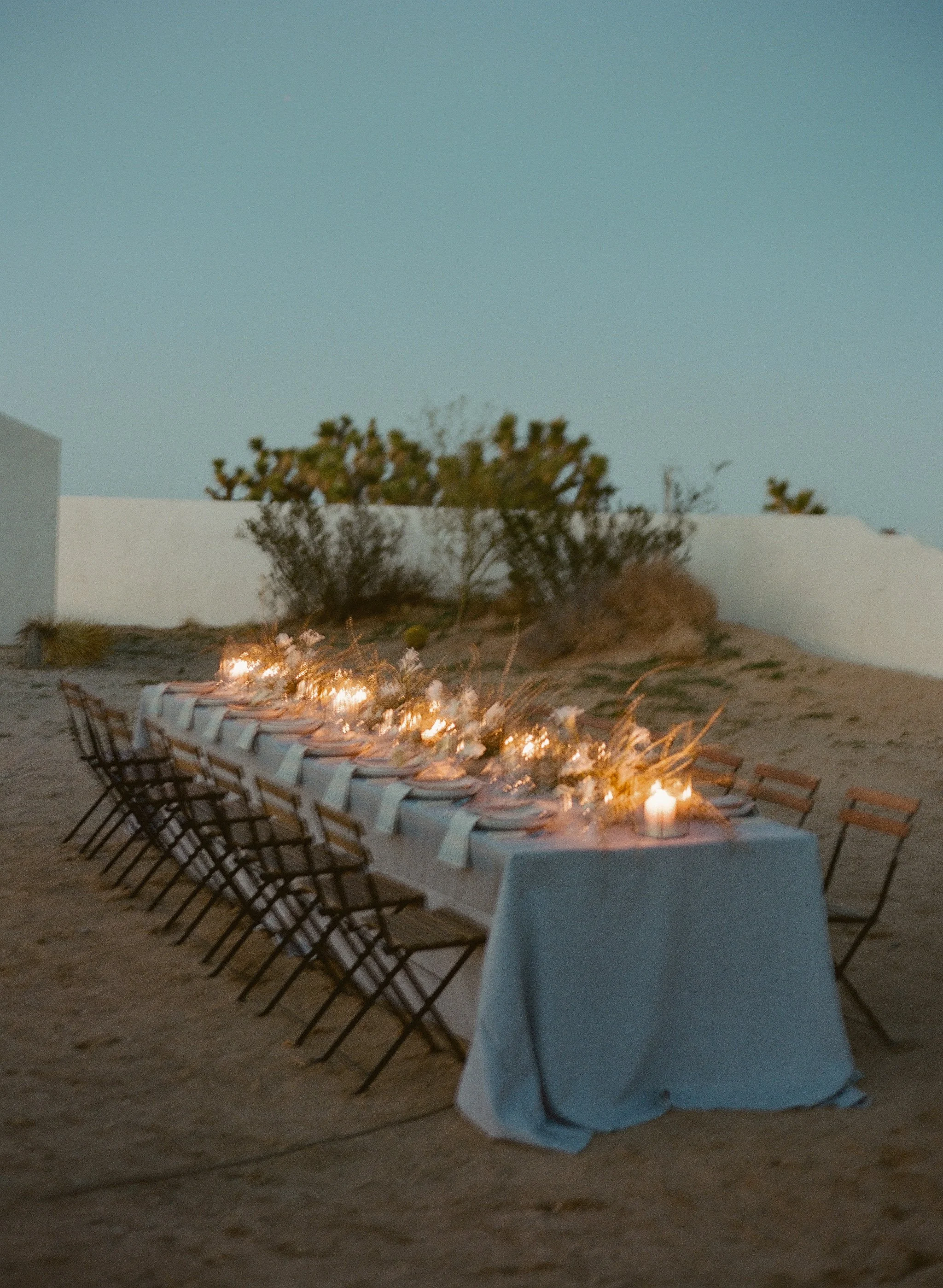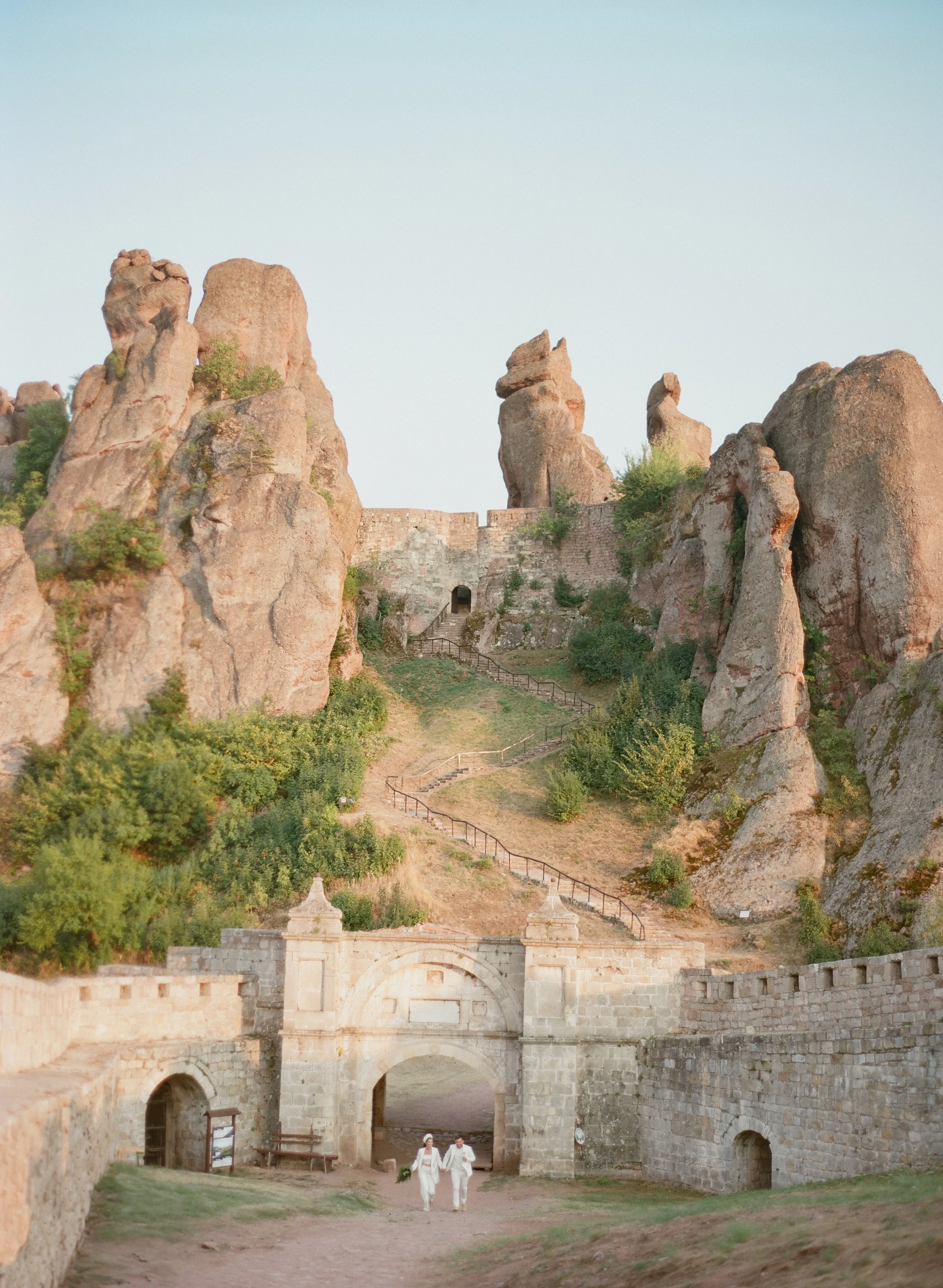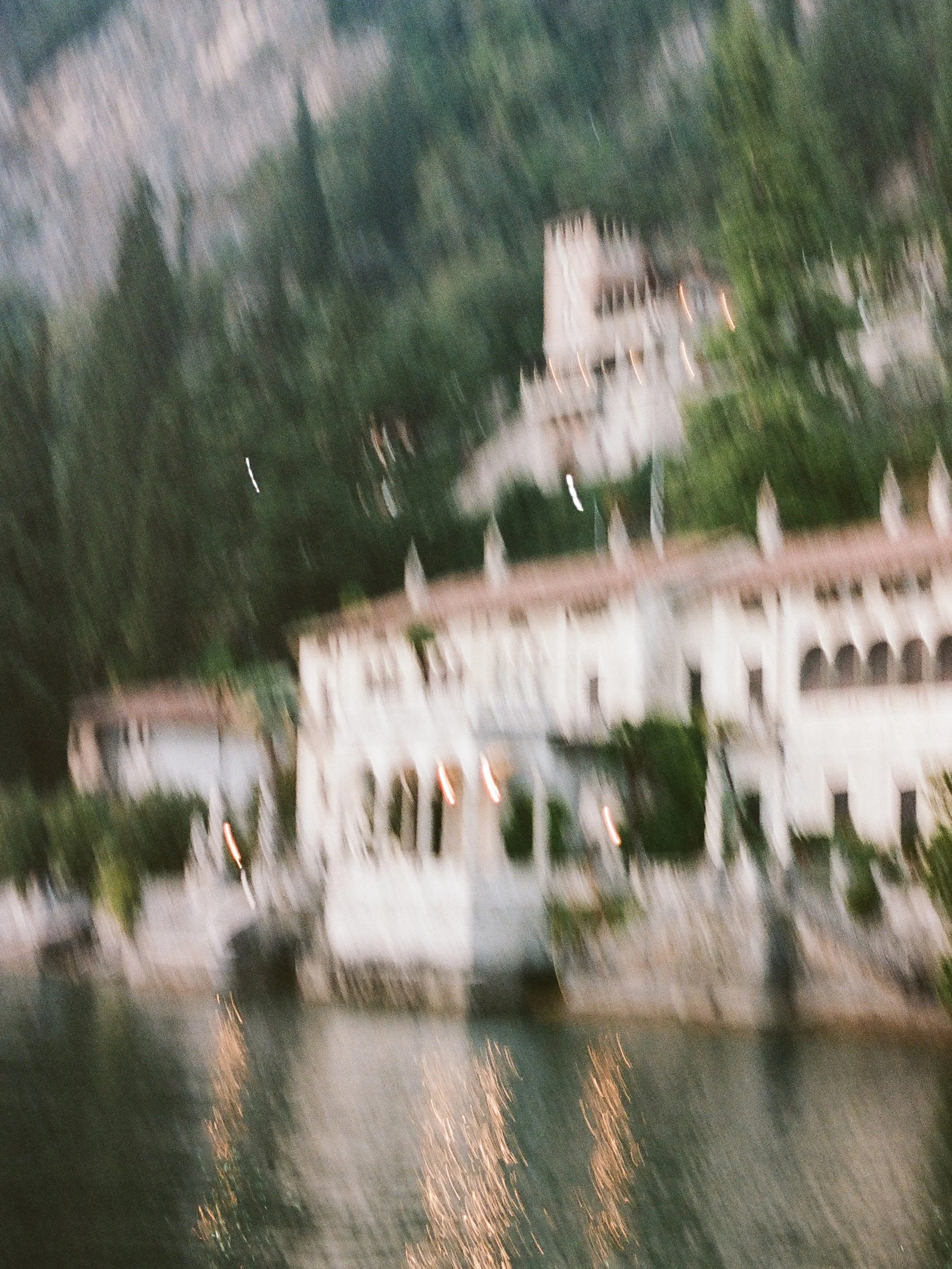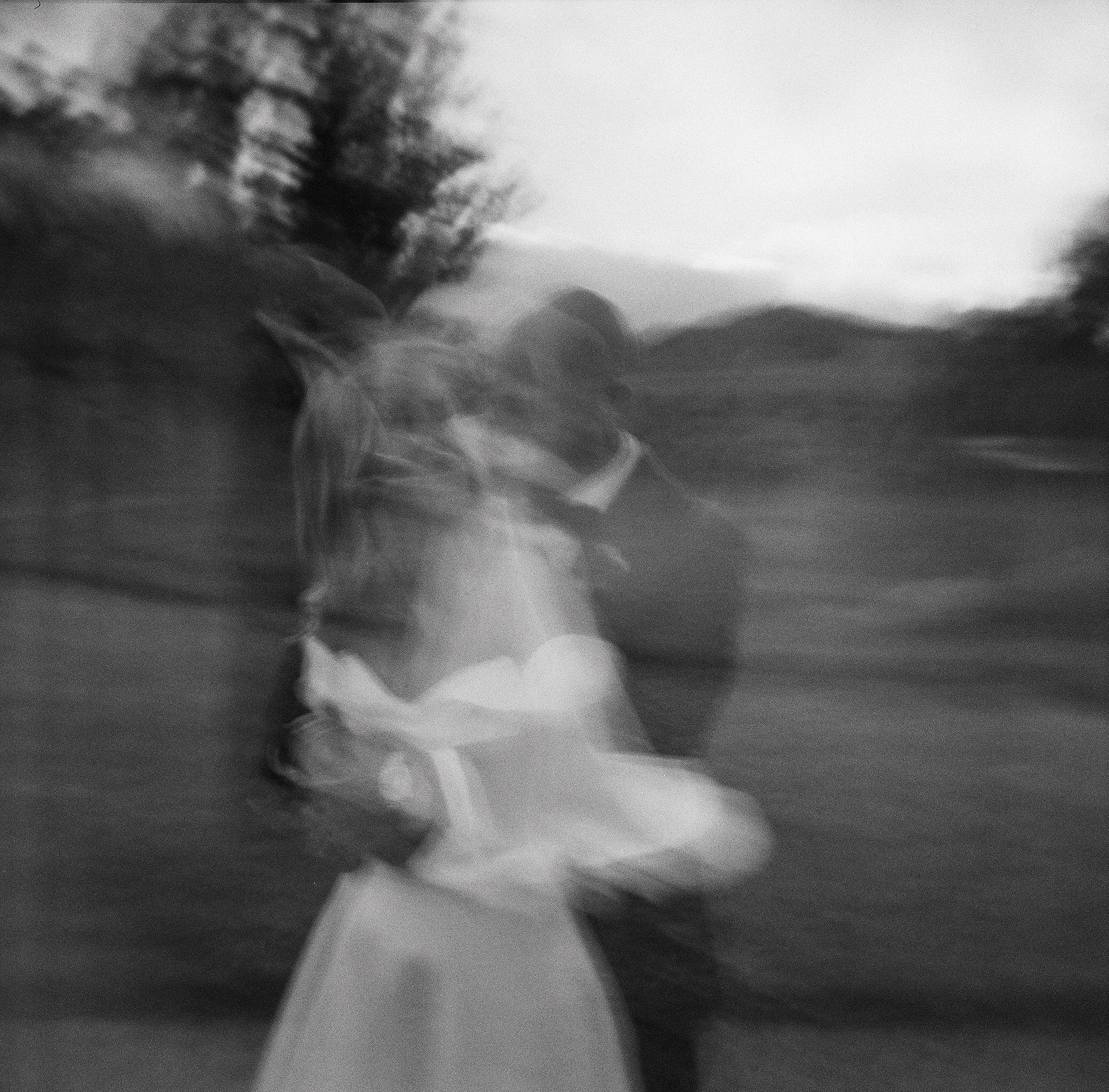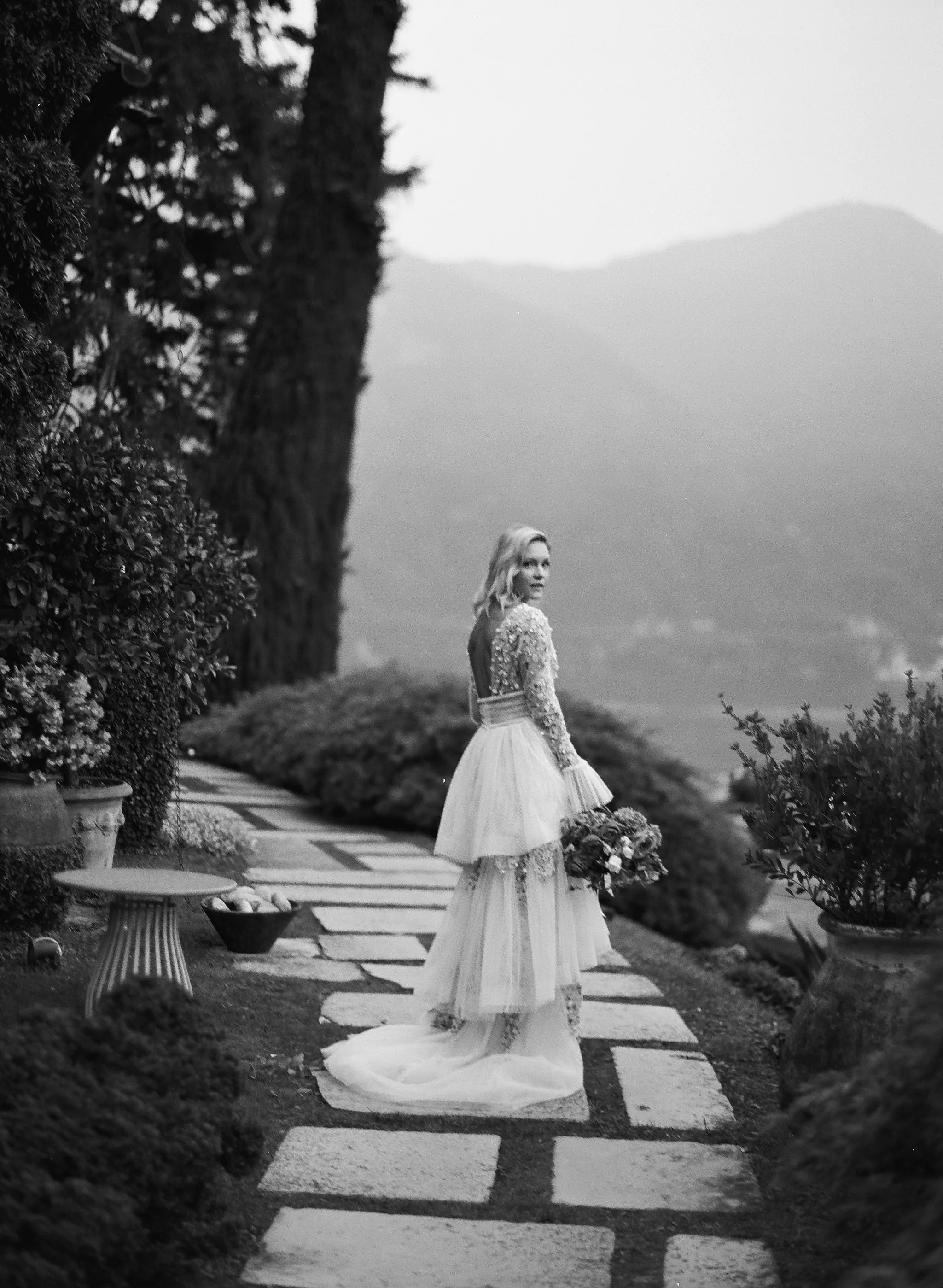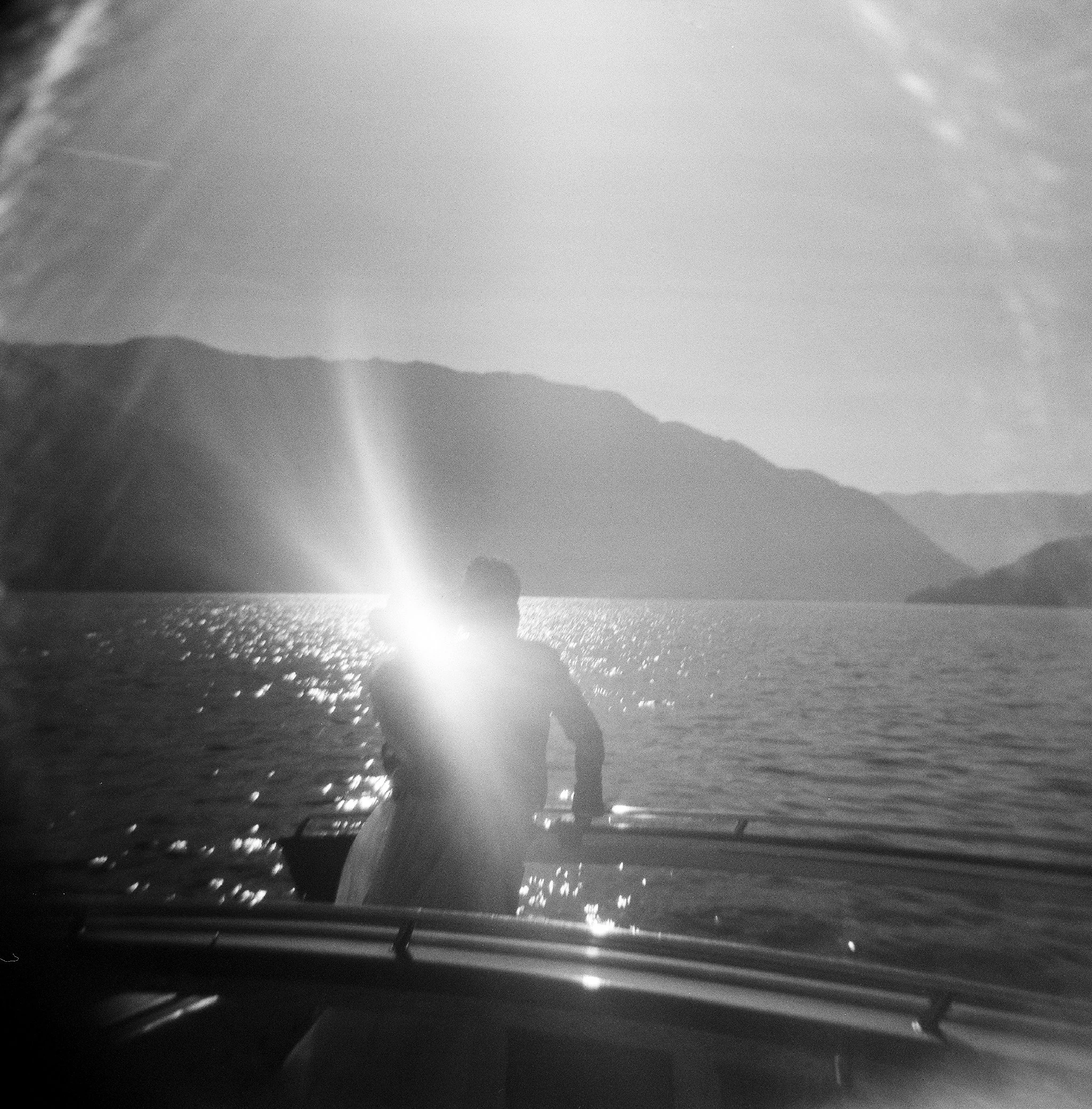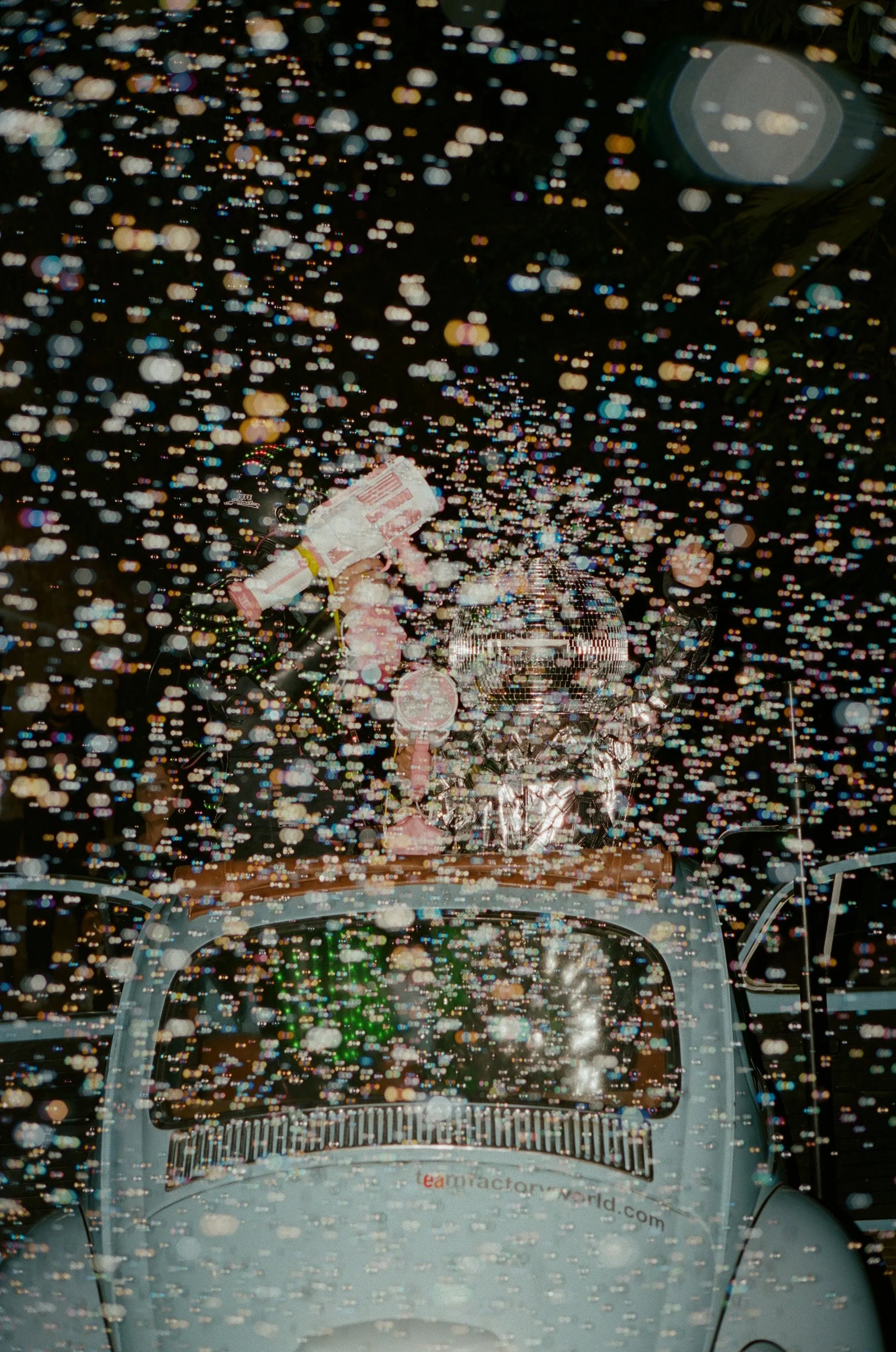The Film Photography’s Renaissance
Wedding photography has always loved its categories: documentary or editorial, fine-art or moody, candid or styled. But couples today are moving beyond labels. They want images that feel real, spontaneous, and unposed, while carrying the refinement of art direction. They want a story that unfolds naturally, yet looks cinematic when remembered.
This is where film comes in. 35mm film and medium format film are at the heart of a renaissance in wedding photography. Film slows everything down, asks for presence, and renders each frame with artistry and depth. It doesn’t need heavy editing, because its mood lives in the grain, in the softness of color, in the imperfections that feel alive. The result: images that are raw and refined at once.
Here’s how film defines this new era of wedding photography:
The Love for All Things Vintage
From archival fashion to analogue sound, vintage is shaping culture everywhere—and film photography is part of that movement. Each negative feels like an artifact, carrying both character and permanence. Film is modern, but it speaks in a language of history, artistry, and soul.
Loose Editorial
Stiff posing is outdated. Direction is subtle. Film slows everything down, letting people relax into themselves. The result? Frames that are frames without trying too hard. Coined by Lensel, this hybrid approach take the refinement of editorial photography and candidness of documentary captures for an effortless appeal.
Minimalism as Luxury
Minimalism in photography is not empty—it’s considered. A clean frame, one gesture, one shaft of light. 35mm film thrives in restraint, creating images that are quiet but powerful. This is the new luxury: not oversaturated galleries, but a collection of intentional, poetic frames.
Landscapes as Characters
Settings are no longer just backdrops. A California cliff, a Parisian street, or a villa in Tuscany can hold as much presence as the couple themselves. Film captures these landscapes with depth, tone, and atmosphere. They don’t overwhelm the couple; they converse with them. The environment becomes part of the narrative.
Color and Grain as Mood
Film interprets light and color differently than digital. Candlelight glows with warmth, blues carry depth, skin tones feel alive. Grain turns polish into texture, giving even the most editorial frames a tactile quality. This combination—color and grain—is the mood that makes film so cinematic.
Emotional Architecture
Weddings are not built on posed moments, but on fleeting gestures. A laugh, a glance, the touch of a hand. Documentary frames capture them as they are; editorial refinement shapes them into art. Film unites the two, giving emotion both honesty and structure.
Black and White, Always
Black and white film strips everything to its essence: form, light, and emotion. It turns gestures into sculpture and small moments into icons. It’s timeless, direct, and unaffected by trends—a reminder of why film is the purest expression of photography.
The Beauty of the Unexpected
Part of film’s magic is the element of surprise. Cameras from the 1980s or 90s, even plastic toy cameras like Holga’s, bring their own quirks—light leaks, vignettes, distortions that can’t be planned or replicated. These imperfections don’t take away from the story; they add character, mood, and authenticity. In a world where everything feels curated, film makes space for the unexpected to become iconic.
